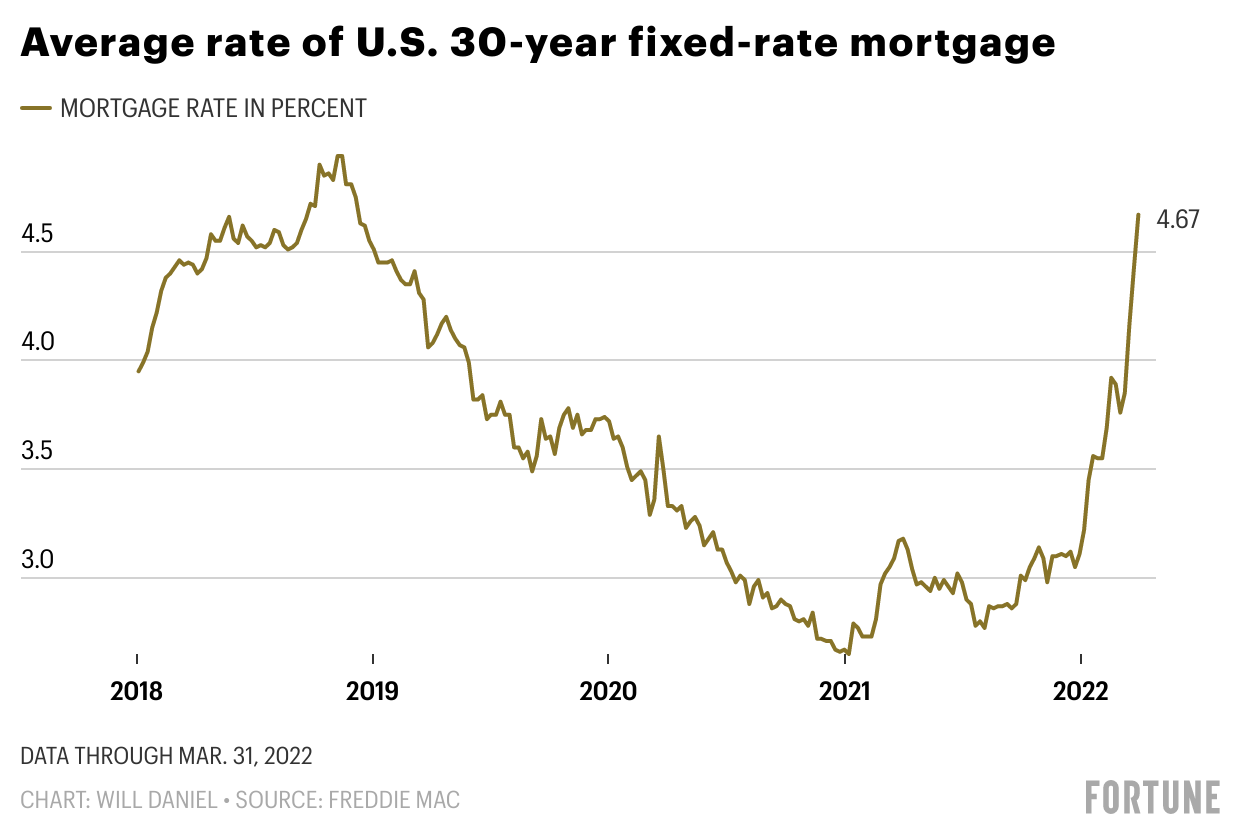An overdraft is a facility that allows you to withdraw money from your account even if you don’t have enough funds to cover the transaction. This can be helpful in an emergency, but it’s important to remember that overdrafts are a form of borrowing, and they can come with fees and interest charges. If you’re thinking about applying for a mortgage, you might be wondering if having an overdraft will affect your chances of being approved. The short answer is that it could. Lenders will take your overdraft into account when they’re assessing your application, and if you have a history of using your overdraft, it could impact your chances of being approved for a mortgage.
Recommended: How does porting a mortgage work? How a Divorce Can Affect a Reverse Mortgage?
1. Does having an overdraft affect getting a mortgage?
An overdraft is a form of credit that allows you to withdraw money from your account even if you don’t have enough funds to cover the transaction. This can be helpful in an emergency, but it can also be costly if you don’t repay the overdraft quickly.
An overdraft can also affect your ability to get a mortgage. Lenders will take into account your credit history when assessing your mortgage application. If you have an overdraft, this will be noted on your credit file and may impact your chances of being approved for a mortgage.
If you are considering taking out an overdraft, it’s important to compare the costs of different providers to make sure you get the best deal. You should also consider whether you’ll be able to repay the overdraft quickly to avoid incurring high interest charges.
2. What are the implications of having an overdraft when applying for a mortgage?
An overdraft is an extension of credit from a lending institution when an account reaches zero. An overdraft allows the individual to continue withdrawing money even if the account has no funds in it. There can be fees associated with an overdraft, as well as interest charged on the amount of money extended.
When applying for a mortgage, having an overdraft can affect the application in a few ways. The most significant way is that it can lower the credit score. This is because an overdraft is an extension of credit, and when the account is overdrawn, it is considered delinquent. A lower credit score can lead to a higher interest rate on the mortgage.
Another way an overdraft can affect a mortgage application is if the account is constantly overdrawn. This can be an indication to the lender that the applicant is not good with managing their finances. This can lead to the lender being more hesitant in approving the mortgage.
Overall, having an overdraft is not a good thing when applying for a mortgage. It can lower the credit score and be an indication to the lender that the applicant is not good with managing their finances. If possible, it is best to avoid having an overdraft when applying for a mortgage.
3. How can you overcome an overdraft when applying for a mortgage?
It’s a common question we hear at Mortgage House – can having an overdraft affect your chances of getting a home loan?
The simple answer is yes, it can.
An overdraft is a form of unsecured debt, which means it’s not backed by any asset. This makes it a higher risk for lenders, who may be reluctant to approve a home loan for someone with an overdraft.
That said, it’s not impossible to get a mortgage if you have an overdraft. Here are a few things you can do to improve your chances:
1. Pay off your overdraft. This will reduce your debt-to-income ratio and make you a more attractive borrower.
2. Apply for a home loan with a co-borrower who doesn’t have an overdraft. This will improve your chances of getting approved.
3. Shop around for lenders who are willing to consider borrowers with an overdraft. Not all lenders have the same stance on this issue, so it’s worth doing your research.
4. Get a copy of your credit report and make sure there are no errors. If there are, dispute them and get them removed. This will improve your credit score and make you a more attractive borrower.
5. Improve your credit score. This can be done by making all your loan and credit card payments on time, paying down your debts, and maintaining a good credit history.
If you have an overdraft and are looking to get a home loan, follow these tips and you may be able to overcome this obstacle.
4. What are the consequences of not having an overdraft when applying for a mortgage?
An overdraft is a type of loan that allows you to withdraw money from your bank account even if you don’t have enough money in it. This can be helpful in an emergency, but it’s important to remember that an overdraft is a loan and it needs to be repaid with interest.
If you don’t have an overdraft and you need to apply for a mortgage, there are a few things you need to know. First, you’ll need to have enough money saved up for a down payment. The down payment is the money you put towards the purchase of your home and it’s typically 20% of the purchase price.
Second, you’ll need to have good credit in order to qualify for a mortgage. Your credit score is a number that lenders use to determine how likely you are to repay a loan. A higher credit score means you’re a lower-risk borrower and you’ll likely qualify for a lower interest rate.
Third, you’ll need to have steady income in order to qualify for a mortgage. Lenders want to see that you have a steady job and a good income in order to know that you’ll be able to make your monthly mortgage payments.
Fourth, you may need to have a larger down payment if you don’t have an overdraft. This is because lenders see borrowers without an overdraft as higher-risk. If you don’t have an overdraft, you can still qualify for a mortgage, but you may need to put down a larger down payment and you may end up with a higher interest rate.




Leave a Reply